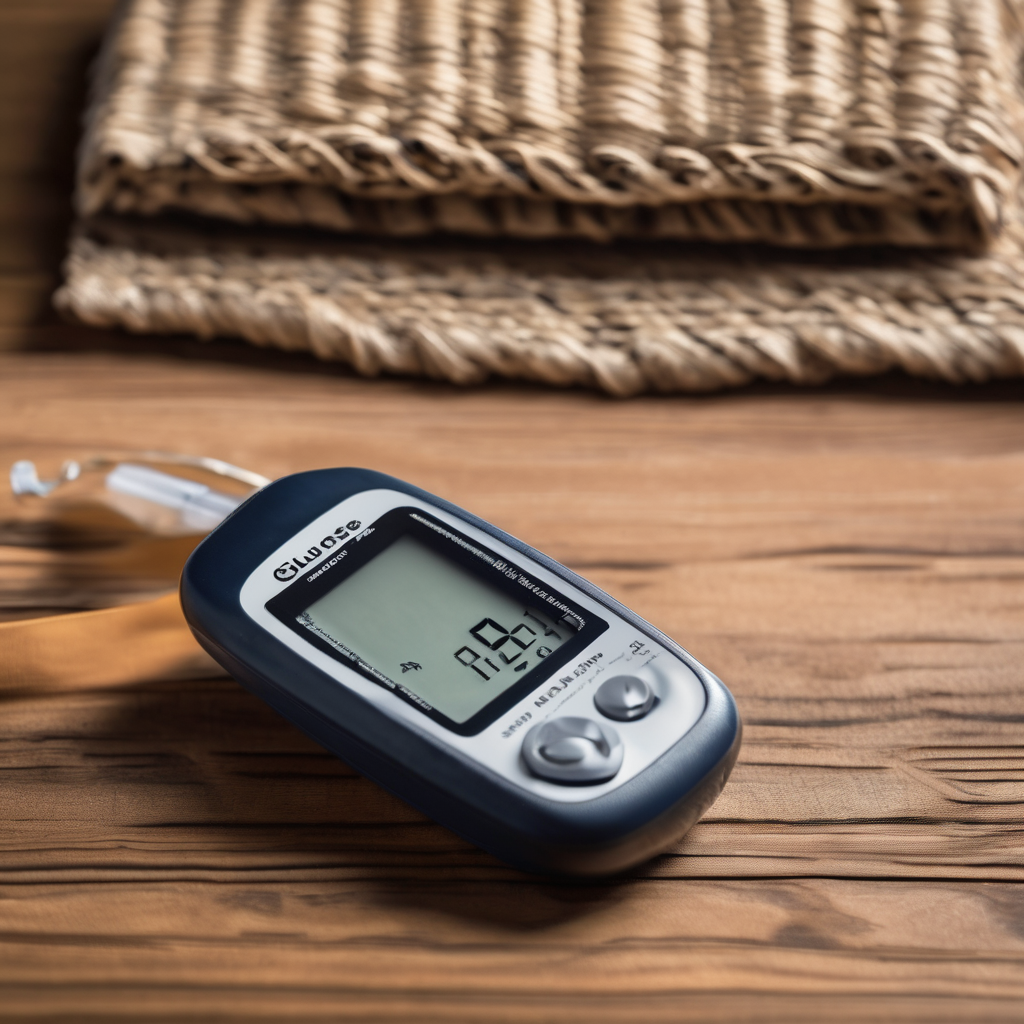Diabetes is increasingly becoming a critical issue among younger Fijians, posing significant risks to families and the nation’s workforce. Assistant Minister for Health, Penioni Ravunawa, has expressed deep concern over the escalating number of diabetes cases, noting that the disease not only reduces life expectancy but also plunges families into poverty. He underscored the necessity for a comprehensive wellness approach that reaches beyond medical facilities into schools, workplaces, and community venues such as churches and temples.
Ravunawa underscored the essential need for inclusivity within wellness initiatives, advocating for an environment that promotes healthy living while minimizing the stigma often attached to chronic illnesses. “Societal well-being means inclusive workplaces, our schools, churches, mosques, temples, mandirs, and our communities and villages. Support healthy living, not shame, stigma, or silence,” he asserted.
Recognizing the urgency for a united community effort, Ravunawa has called upon local leaders from various sectors, including religious and community organizations, to enhance early screening and support for individuals managing chronic illnesses. He highlighted that diabetes is increasingly affecting younger and working-age Fijians, rather than being confined to older adults alone.
This concern resonates with what health advocates, such as Kini Marawa, Executive Director of Diabetes Fiji, have expressed. Marawa has previously referred to diabetes as a “silent pandemic,” impacting over a third of the country’s population and leading to serious health issues like amputations and blindness. He has stressed the need for a coordinated response from both government and community levels to tackle this health crisis effectively, noting that dismantling the stigma around diabetes is crucial for successful prevention and care.
Moreover, Dr. Simione Voceduadua from ASPEN has highlighted that diabetes is largely preventable through lifestyle changes, reiterating the importance of equitable healthcare access to address this epidemic. The calls for health education and preventative measures align with efforts across the nation to bolster community outreach, encourage healthier lifestyle choices, and improve access to medical care.
Statistics emphasize the urgency of action, with diabetes linked to over 1,200 annual amputations in Fiji, many individuals unaware of their condition until it is too late. Ravunawa’s hopeful message aligns with ongoing community initiatives and support networks that are dedicated to encouraging healthier lifestyles and dispelling the fears and misconceptions surrounding the disease.
Through focused awareness efforts, early interventions, and lifestyle modifications, there remains a promising outlook for the future. Collective action from families, communities, and healthcare professionals can pave the way for healthier generations, transforming the fight against diabetes into a united mission rather than a solitary struggle. The emphasis on collaboration, education, and community involvement offers an optimistic pathway to reversing the impact of this silent epidemic in Fiji.
